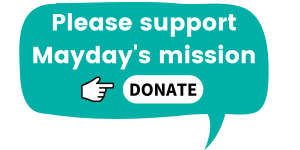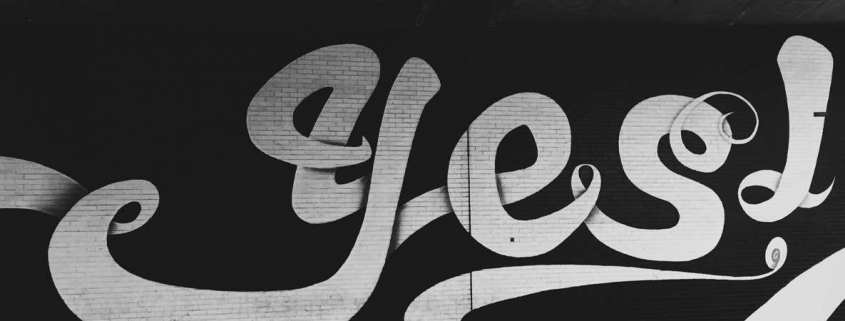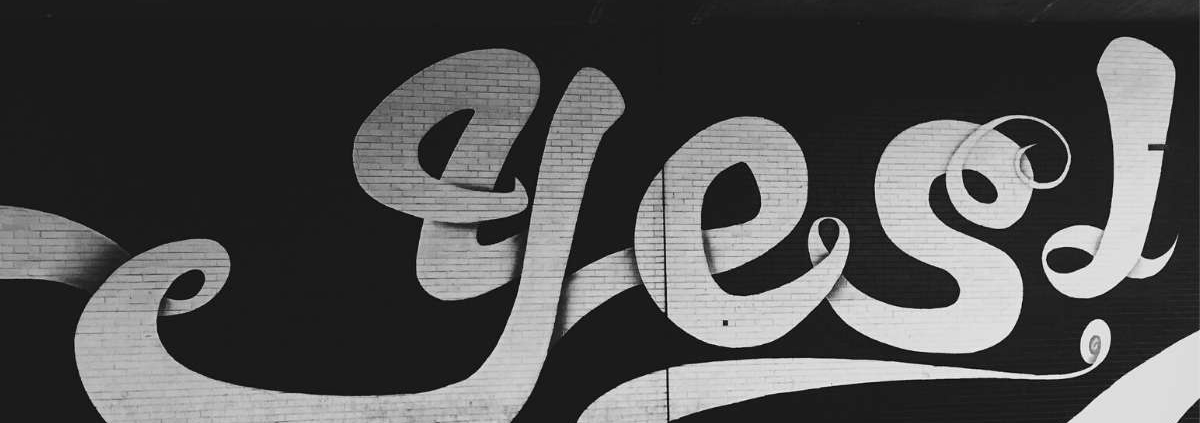Strange Times
David Hurst, Director of Operations at Mayday Trust, explores the power and importance of relationships as he embarks on his own transition away from Mayday and onto his next adventure.
Strange times indeed, after four and half years I am now just about to enter my own transition, it’s time for me to move on and start a new journey. I’ve been thinking hard about my time working alongside the amazing Mayday Trust team and how I could acknowledge their unbelievable commitment. I could write about their talent, passion, determination and humanity but I genuinely believe the team would not appreciate being so highly praised in public. The Mayday crew are a very humble lot who will always put others before themselves; so what do I say, how do I reflect my feelings as I step away and leave behind a team of guys whom I hold in the highest possible regard.
So maybe I am going to confuse you for a few minutes but please stay with me. For 17 years I worked in prisons and managed to find my way into a comfortable leadership position, a steady role with a decent enough pension. I had a good team who were settled, systems worked well and the people we worked with generally took a positive view to their imprisonment. So what took me away from this relatively cushy position?
I was on the wing one evening as I would often stay back voopoo tech argus gt 2 silicone case rainbow vapesstores because it allowed me to observe how the staff worked and sometimes I would just chat to the men in our care, without the barriers of the daytime routine. On this particular evening I was making a cup of tea when the alarm sounded. I emerged to find two men fighting.
One of the men involved had been a heavy weight trainer for 10 years, he was very intimidating and very angry. Staff jumped in to separate the men and a female officer took a blow to her face. More support arrived, a shank was found on the floor and the other prisoners were becoming agitated. The situation was escalating rapidly. One of the men was removed leaving the angrier individual, who was now highly distressed and quickly becoming threatening. Staff surrounded him in preparation to restrain him. Tension was now so high I could almost taste it. He was screaming “..C’mon then, you lot want it, c’mon do your thing, c’mon let’s have it….”
At that very moment whilst assessing the situation, I noticed Alfie, a prison officer of some 25 plus years. He walked quietly up to this man and said very gently “Paul you need to come with me, this is not good and I’m not going to allow you to embarrass yourself further. Now c’mon let’s walk to your cell, we can sort this out”. He was tender yet quietly assertive, but in a very respectful way. It was like this officer just knew what was going on in this man’s head, he knew Paul and how Paul would respond. It was clear he understood that Paul was scared and his heightened anxiety was causing his anger towards staff.
The staff surrounding Paul were stunned to see this 6ft 20 stone mass of muscle meekly walk away with his head down alongside the officer. No more words were exchanged, but I noticed that Alfie walked alongside Paul, they were in step together, it was like the he was sharing the fiery intense space that Paul was in and sharing the anxiety and stress Paul was experiencing.
So what am I saying, why does this event from several years back still resonate. What does this episode got to do with my decision to join the Mayday team?
Well it’s all about the relationships. The situation described here would not have ended the way it did had Alfie and Paul not had a trusting and respectful relationship, with clear boundaries based on a shared unwritten agreement. Because of the power of their relationship, the officer knew what was going on for Paul. He was confident he could support Paul in a way that was non-judgemental or hostile. Paul was able to respond positively because he knew Alfie genuinely cared, there was a mutual respect.
Back in 2015 someone I really appreciated showed me a job advertised in the Guardian, Assistant Director of Operations Mayday Trust. I was encouraged to apply but to be honest I was only curious and when I submitted my application, I didn’t even expect a reply. So you can imagine my surprise when a week later I received a formal letter inviting me to an assessment day. An assessment day, what was all that about?
It was my first experience of Mayday’s unique approach. A day where I was challenged to look at myself, share who I was as a person not just as a potential employee. I remember being asked my favourite song, easy question you might think, but when you’re in that interview mind-set and tasked with explaining why Hotel California is your all-time favourite it’s quite a task! It was definitely not a conventional interview and the method, although now slightly more developed, is still used by Mayday today.
What was clear from that day was the Mayday team, like Alfie, walked alongside the people they worked with. It was an organisation that strived to create an environment where Coaches could form trusting and honest relationships with people, not tarnished by power imbalances or the traditional constraints of the job. It was something I could whole heartedly get on board with, something that resonated with everything I’d experienced in my time with the Prison Service.
Spoiler alert.. I got the job!
I suppose what I’m trying to say is for me the most impressive element of Mayday and what I’ve enjoyed being part of the most is the relationships the team have with each other and the people Coaches work with. It’s about being able to positively influence without disrespecting, disempowering or dehumanising an individual. Take my memory of Paul and Alfie. Paul initially felt he couldn’t walk away from that situation because he would lose face in front of other prisoners, his position or status on the wing would become vulnerable and his anxiety was building. However, his relationship with Alfie gave him the reassurance to see things rationally, to understand the situation and allow himself to walk away with Alfie by his side.
The Personal Transitions Service (PTS) creates an environment where relationships come Mini Cup HAPP Box first. Where someone going through a tough time is treated with humanity and respect. Coaches look beyond the crisis, the barriers and the labels. Power dynamics are balanced and focus is put on a person’s strengths and passions. People are not segregated into service led activities, instead encouraged to build positive relationships within their local communities, relationships that last beyond their tough time, relationships that can support them through the next bump in the road.
Even when faced with a system that goes against everything that the PTS stands for, the relationships between the team, the people we work with, our PTS Innovation partners, commissioners and funders are the driving force for change – a change that will see systems actually work for those going through tough times.
Everything I have described here explains why I will absolutely struggle to move on. I am now entering my own transition and I feel vulnerable, a little anxious, unsure of the future all the emotions that are normal and understandable. The difference is I will not be sucked into a system of support that will set me up to fail. I will not find myself being fixed by others who are paid to support me. I will have networks of people around me who can help and protect me. I am resilient and determined that things will be ok.
The power of relationships cannot be underestimated.




